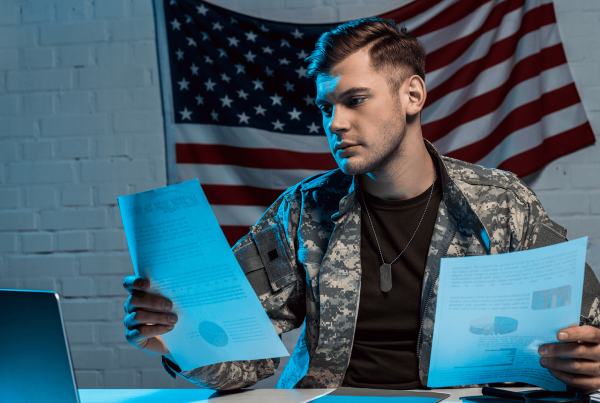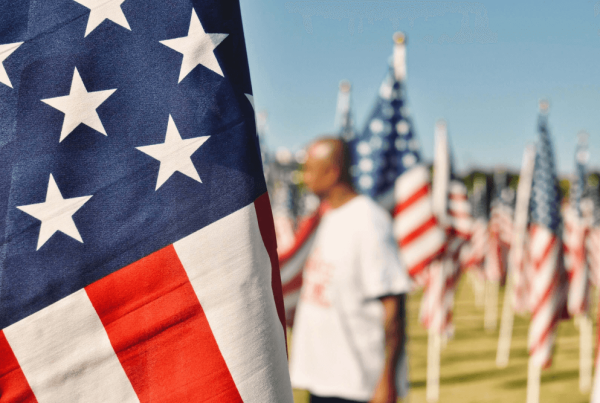Filing a Higher-Level Review (HLR) can be a strategic move for Veterans who believe the VA made an error in their initial disability decision. But what if your HLR gets denied too? While it’s frustrating, it doesn’t mean your path is over. Understanding what happens next—and what your options are—can help you take the right steps toward getting the benefits you deserve.
Understanding an HLR Denial
An HLR denial means that the senior VA reviewer agreed with the original decision and did not find a “clear and unmistakable error” in how your claim was handled. This doesn’t necessarily mean your claim is invalid—it often means the evidence wasn’t strong enough under the review guidelines or that there’s a different approach you need to take.
You Still Have Options
If your HLR is denied, you can choose from two additional review lanes under the Appeals Modernization Act (AMA):
Supplemental Claim
This is often the next step. A supplemental claim allows you to submit new and relevant evidence to support your case. This could be:
A new medical opinion
Updated private treatment records
Buddy statements that reinforce your claim
A corrected or improved nexus letter
The VA will review the new evidence and reconsider your case from the beginning.
Board of Veterans’ Appeals
You can appeal directly to the Board of Veterans’ Appeals (BVA), where a Veterans Law Judge will evaluate your case. There are three dockets to choose from:
Direct Review: No new evidence, just a judge reviewing your file.
Evidence Submission: Submit new evidence within 90 days.
Hearing: Attend a virtual or in-person hearing with a judge, plus submit evidence.
This route often takes longer but can be effective in complex or strongly disputed cases.
Why You Shouldn’t Give Up
It’s important to remember that many Veterans eventually win their benefits after more than one level of appeal. A denial is not the end—it’s just one step in a longer process. The key is to learn from the denial, strengthen your claim, and choose the right next move.
Common Reasons for Denial
Understanding why the HLR was denied can help you choose the best path forward. Common issues include:
Insufficient medical evidence linking your condition to service
Lack of a clear diagnosis
VA relying too heavily on a flawed or one-sided C&P exam
Missed deadlines or incomplete forms
A good strategy after an HLR denial is to request a copy of your claims file (C-File) to see what evidence the VA reviewed and how they justified their decision.
How Veterans Valor Can Help
We specialize in helping Veterans understand their denial and build a stronger case. Whether you’re moving to a supplemental claim or preparing for a BVA appeal, we work with you to develop a sound strategy that is medically, legally, and ethically grounded.
You served your country—you shouldn’t have to serve the VA system too. We’re here to take that burden off your shoulders and guide you through the next steps with confidence.



